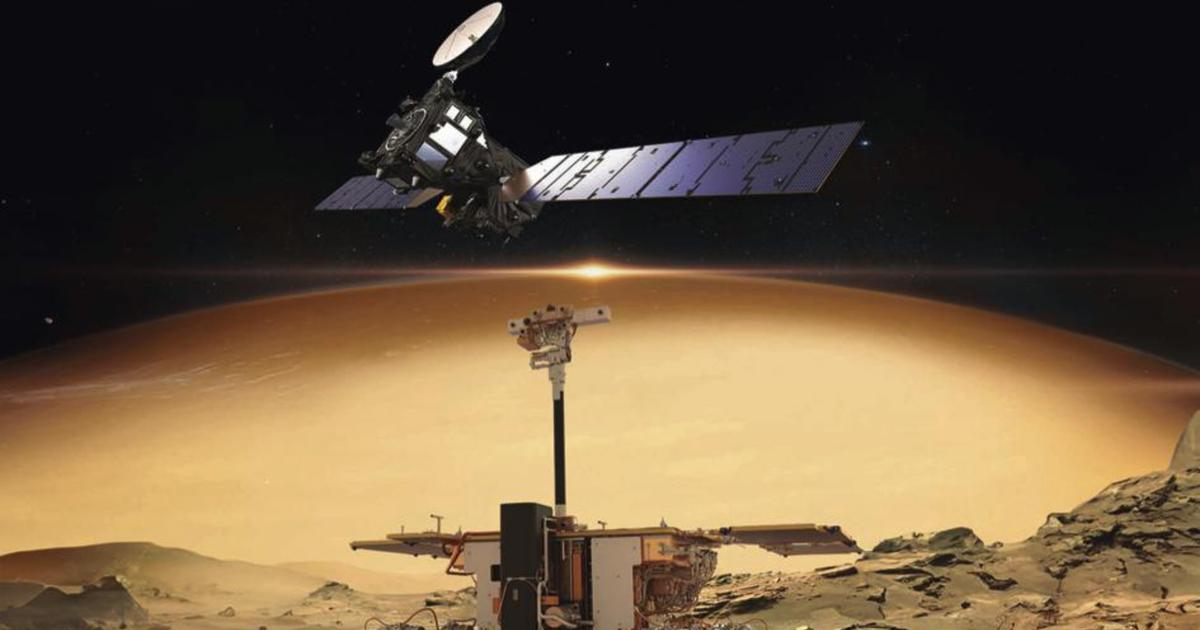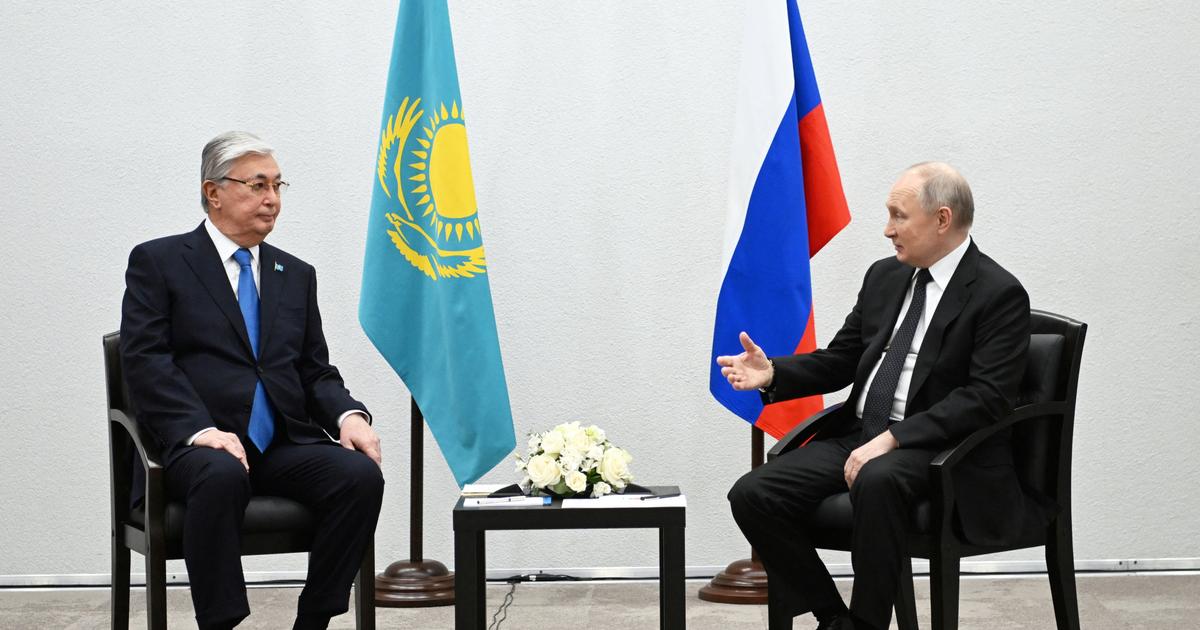As night falls in Almaty, the financial capital of Kazakhstan, the sirens continue to remind us that the nightly curfew is in force and after 11:00 p.m. there is hardly a soul left on the street.
But otherwise, life seems to be burying the embers of the violent protests that rocked this city, the epicenter of the riots that have put the state in check and shaken the geopolitical board of Central Asia.
The signs of normality are already evident. This Thursday, the charred building of the Mayor's Office, one of those that took the worst part last week, has been covered with a mesh that hides the sooty scars; the large avenue that was the scene of fierce armed clashes has been reopened to traffic. And, above all, the perhaps definitive symptom, the troops led by Russia who entered the country to help defuse the crisis, have already begun their withdrawal this Thursday.
The contingent of more than 2,000 soldiers from the Collective Security Treaty Organization (CSTO), a military association from the post-Soviet space led by Moscow, landed in the country last week after Kazakh President Kasim-Yomart Tokáyev, will request help to contain a protest that started peacefully at the beginning of the year, motivated by the rise in the price of liquefied petroleum gas in this country rich in hydrocarbons, but has ended with dozens of deaths (there is no verifiable figure). ) —and 10,000 detainees, according to official data from the Kazakh government—, the vast majority of them in Almaty.
The entry of foreign troops raised the Kazakh riots to a different geopolitical dimension, suddenly adding to the already triggered tension between Washington, Brussels and Moscow due to the accumulation of Russian troops at the gates of Ukraine. US Secretary of State Antony Blinken went so far as to say that it might be difficult for Kazakhstan to get rid of the presence of Russian troops once inside the country. But Moscow has assured this Thursday that the CSTO contingent will have completed its march on January 19, even earlier than expected.
"Everything has worked like clockwork: fast, consistent and effective," Russian President Vladimir Putin said Thursday, according to statements collected by Reuters. “We must go home. We have fulfilled our task”. The president's statements reveal a halo of satisfaction for the lightning deployment, at a critical time in which, in turn, with the other hand, he was negotiating with the West the pawns of Ukraine. "I want [...] to express my hope that this practice of using our armed forces will be studied in the future," added the Russian president.
For Dosym Satpayev, political analyst and director of the Kazakh Risk Assessment Group, Putin is "one of the big winners" after the peace of the tanks that has been imposed on the Kazakh streets, as this elegant political scientist tells inside a bright cafe in Almaty. Another sign of normality in the city: people are already meeting quietly to talk in cafes, most of them open. Satpayev explains that if, in recent years, Kazakhstan had cultivated a "multi-vector" foreign relations policy, dealing with all kinds of countries, from China to the United States, the rapprochement with Moscow will be evident in the coming months. “Now [the country] has debts with Mr. Putin”; which means that its internal and international agenda will set it taking into account the new circumstances. Somehow,the crisis and its outcome have placed Kazakhstan in the league of countries like Belarus, whose turn towards Moscow has been pronounced after the democratic uprisings of the summer of 2020, harshly repressed by the Aleksandr Lukashenko regime, and its growing isolation from the international community .
With the military in retreat and the return of that strange normalcy in which broken glass is swept up and urban military patrols still exist, the complex task of unraveling what happened in the coming weeks remains in Kazakhstan: the exact number of deaths, for For example, or the veracity of statements by President Tokáyev, who justified the entry of foreign troops by alleging that the country was facing "bandits and terrorists" who came in part from abroad with the intention of subverting order. He estimated these alleged assailants at around 20,000, another figure that could not be independently confirmed.
“It is not correct information”, the analyst Satpayev protests again. According to him, most of those who turned the peaceful riots into violent disorders are young people, between 17 and 25 years old, Kazakhs who come from the outskirts of the city and from other regions of the country; many, unemployed or with precarious jobs, low wages and humble living conditions; people willing to climb the steep slopes of the city from the outskirts, to reach the elevated areas of Almaty, where the purest air is breathed and the wealthy class lives, to confront the forces of order, vandalize buildings and loot numerous shops.
Satpayev portrayed this youth in 2014, in a book titled 'Molotov cocktail.
Anatomy of the Kazakh youth', in which he spoke of the explosive social situation and the enormous inequality that had arisen since the fall of the USSR and the independence of Kazakhstan.
"When our officials talk about terrorists, they don't understand that there is an aggressive and marginal youth."
There are many people in his country who continue to relieve themselves in holes in the ground, he adds.
And that he could never afford a cup of coffee like the one he enjoys this Thursday at mid-morning as a new normal.
Follow all the international information on
and
, or in
our weekly newsletter
.

/cloudfront-eu-central-1.images.arcpublishing.com/prisa/LP6BPGLYXZBGXC37MZNSNWWUN4.jpg)












